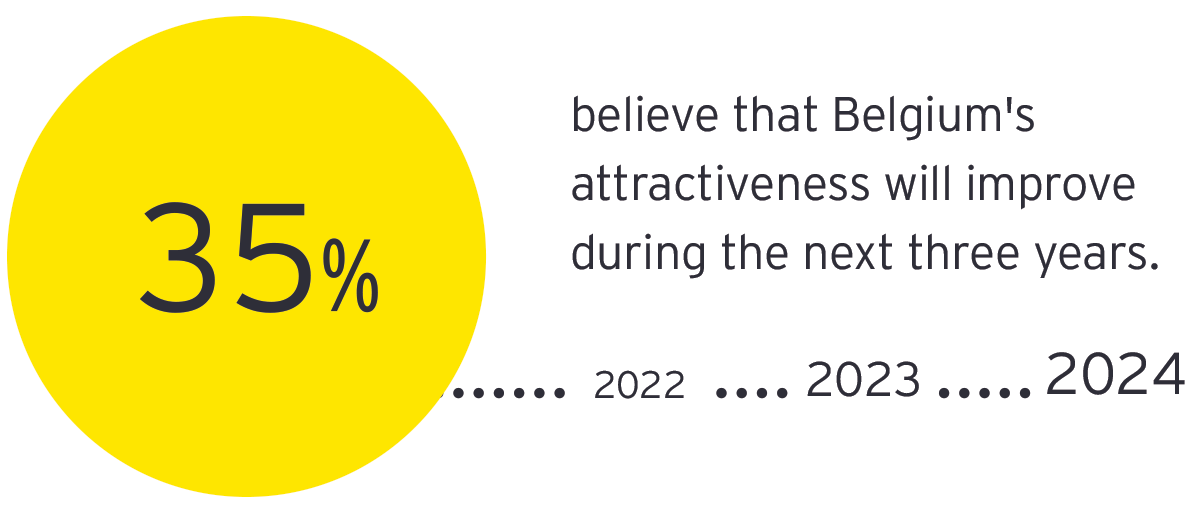Newsletters EY Belgium
Subscribe to one of our newsletters and stay up to date of our latest news, insights, events or more.
Summary
The COVID-19 crisis has upended the global economy. In this context, it is encouraging to see that foreign direct investment in Europe showed remarkable resilience by declining only 13 percent in 2020, compared to the year before. Belgium managed to maintain its fifth position among European countries. Our country holds all the levers to increase its attractiveness for the short and long term. Building on its strengths and tackling its weaknesses in a concerted effort by governments and businesses is key to achieving this goal.



